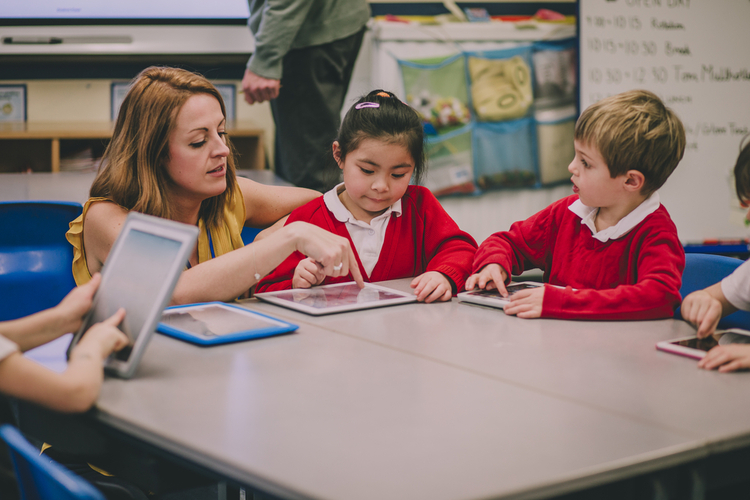The Impact of the COVID Pandemic on SEN Teaching

As teaching staff and pupils return to school this month, we wanted to reflect on how the COVID pandemic that affected and disrupted so much of the last two school years has impacted the way that SEN children and young people have been taught. This is a subject particularly close to our hearts, as we are an agency that specialises in finding and placing specialists in working with those with special educational needs.
The lockdown periods of the pandemic were particularly hard for those with SEN
With schools closed and teaching moving into the virtual world, it was very difficult, and in some cases impossible for the one-to-one care and attention that was needed to be spent with children, meaning that the support that they needed was not always readily available. Many teachers were unable to ensure that a lesson delivered online was able to meet the needs of all pupils, and more often than not, lessons that could often be tailored to suit in a classroom environment now needed to be “one size fits all”.
Where there was a need for a SEN pupil (often those with Education, Health and Care plans (EHC) in place) to continue learning in a school setting, the teaching assistants and learning support assistants really became the teaching heroes of this pandemic. Whilst teachers spent time delivering online learning, the TA became the front-line worker, delivering the SEN support required for pupils at school. As a result of this, UNISON, the public services union, commissioned a report to review the role of teaching support staff in the classroom, not just to support SEN learning, but classroom support in general and noted that the great need to integrate TAs into the national education conversation than for schools to recognise the great work undertaken by this often-unsung support group.
It's not all been negative
However, the pandemic has not had an entirely negative effect. In a study undertaken by Bath Spa University in 2020, it was noted that not every child suffered because of the lack of time in a classroom. For some, who rely on stimuli other than the classroom environment or for whom flexibility in lesson timing is better, they actually thrived in the virtual online classroom. Gone were the distractions within the classroom – be it objects or other pupils and a rigid day structure. In their place, the quiet home learning environment could be used to their advantage to the point where moving forward, a blend of virtual and classroom learning may help with the pupil’s development.
Ultimately, though, the last 18 months have been a challenge for all pupils and teaching staff alike. Everyone has suffered from the lockdowns and closures both physically and mentally, be it in the learning arena, the teaching arena or just missing friends and playtime. We can only hope that with this new school year and a programme of vaccinations over the last 12 months, that we can start to put the 2020/21 academic year behind us and look to the future.
